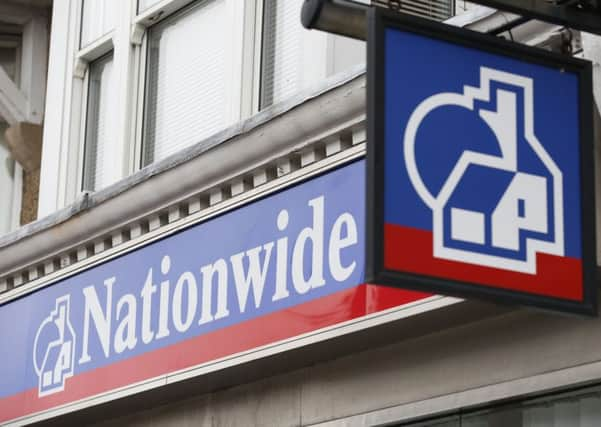Martin Flanagan: Nationwide takes one for the team
This article contains affiliate links. We may earn a small commission on items purchased through this article, but that does not affect our editorial judgement.


Britain’s biggest building society has taken a near 25 per cent tumble in annual profits on the chin after deciding to protect its savers from the Bank of England’s move to cut interest rates to just 0.25 per cent following last June’s Brexit vote.
• READ MORE: Nationwide upbeat despite hit from interest rates
Advertisement
Hide AdAdvertisement
Hide AdNationwide said it provided its members with a £500 million buffer zone against the monetary easing by keeping its savings deposit rates higher than rivals while passing on the central bank rate cut to mortgage borrowers in full.
The decision has helped Nationwide achieve record membership of 15 million, with an impressive 795,00 new current accounts being opened in the second half of its financial year to March 2017.
Deciding not to pass on the worst of the bad interest rate news to customers is not a case of the bleeding hearts. But as chief executive Joe Garner points out, its member-owned business model means the society can make “conscious choices” about how it slices the cake between capital generation, investment and financial benefit for members.
In this age of knee-jerk digitalisation where electronic device banking is portrayed as efficient for customers (not to mention the banks themselves), Nationwide also wins brownie points in the court of public opinion by announcing it is to invest £80m in doing up its branches, and that it is also opening some branches in communities left without access to a physical branch.
However, demonstrating that the group is also keen not to be all things to all customers, the group is paring back its wider offering. It is to stop offering car insurance to new customers from next month, is winding down its commercial lending business and is to stop offering inheritance planning advice.
Like publicly-quoted (and profitable) Lloyds, Nationwide is linked at the hip with the fortunes of the UK economy. And that picture, from average earnings to house price growth, looks less certain this year and in 2018 than for some time.
But Nationwide’s underlying financial strength and its lack of shareholder pressures give cause for member/customer reassurance.